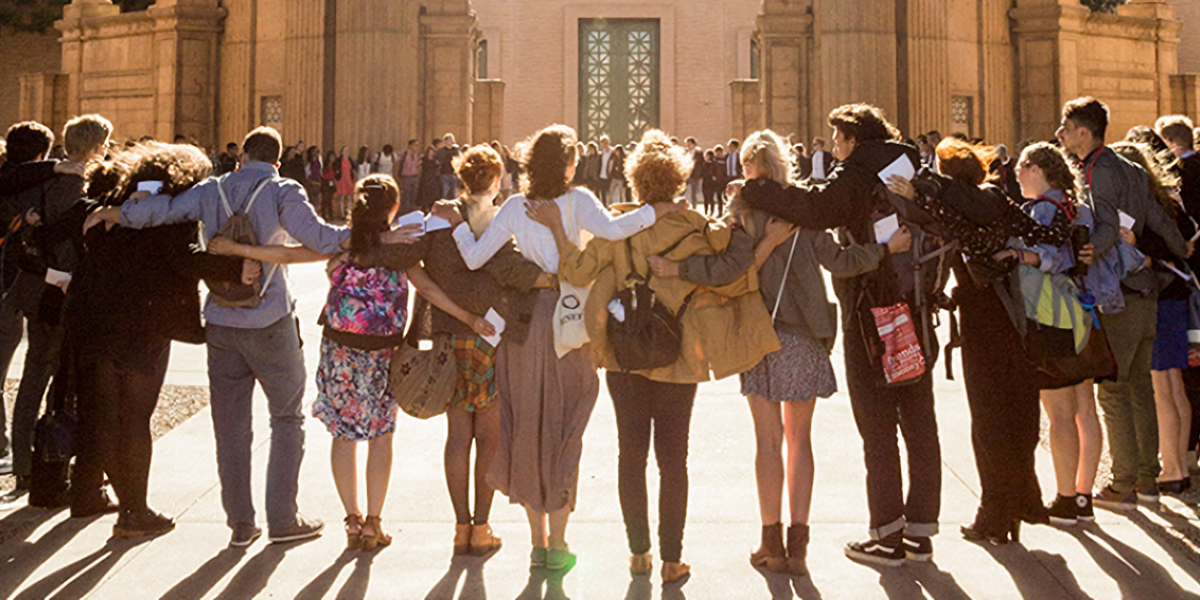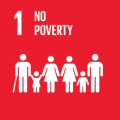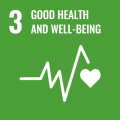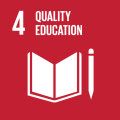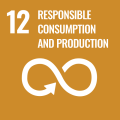"Six months after the end of a traditional lecture and test-based class, 90% of the material you should have learned is gone from your mind. In an active learning environment, you struggle through information, and two years after the end of the class, you retain 70%." – Ben Nelson, Founder of Minerva Schools at KGI.
Founded in 2012, Minerva Schools at KGI is known as the university of the future. All classes are conducted online, and by the end of the four-year undergraduate program, students will have lived in seven countries on four continents. Minerva uses a modern and progressive approach to teaching, emphasizing active learning. In each of its academic subjects, it values critical thinking, creative thinking, effective interactions, and effective communication conceptually and actively, with students applying them actively.

With all classes conducted online and using the city as its classroom, students spend their freshman year in San Francisco, followed by Seoul, Hyderabad, Berlin, Buenos Aires, London, and Taipei, changing locations every semester. With a 1.9% acceptance rate, even lower than Harvard University's, 80% of students come from outside the US, totaling 61 countries.
Since 2013, The Alliance Cultural Foundation (ACF) Chair Stanley Yen frequently spoke about the university in public speeches. In 2016, Minerva's Managing Director, Kenn Ross, was invited to Taitung to introduce the university to Junyi School of Innovation students and faculty. In 2017, ACF Chair Yen visited the Minerva headquarters in San Francisco; since then, Minerva has frequently consulted ACF Chair Yen when considering Taipei as one of its locations. In early 2020, 100 students from 40 countries traveled to Taipei as their final destination before graduation.

Final Destination, Taiwan
As quoted on the Minerva website," Taiwan, or Formosa (so named by Portuguese sailors), was host to some of the earliest human settlers. This aboriginal population, with ties to other Oceanic ethnic groups, endures today. Taipei, the capital city and cultural center, is a study in contrasts: ancient temples with modern eateries, forests, and mountains intermingle with towering skyscrapers, and the weight of history meets the levity of popular culture.
Wander the walkable streets, enjoy some of the world's finest soup dumplings, and recognize the tolerance that defines this remarkable city."
When considering locations such as Taipei, Minerva chooses politically stable cities with reliable internet access, a relatively strong English-speaking population, and quality living and convenience. In each city, Minerva designates one theme, and activities and learnings focus on that theme: diversity for London, intentionality design for Seoul, and authenticity for Argentina.
The theme designated to Taipei is wisdom—wisdom valued in the Minerva name and mission. In Taipei, students were tasked with consolidating what they had learned during their Minerva journey and discovering local wisdom. Students found that Taiwan's wisdom is through its people, who are, on the one hand, individualists and collectivists.

Bulao Bulao Aboriginal Village
In January 2020, students arrived in Taipei one day before the presidential election. Minerva's City Experience Manager Ninon Godefroy brought together 40 local families, each hosting two to three students to dinner while watching the counting of votes. Godefroy believes that having the opportunity to experience election night with a local family will allow students to truly see the democracy and freedom of Taiwan as well as within each family. Each of the 40 families comes from a different background and has a unique family history, affecting their political views significantly. Students witnessed how youths and parents with different political views coexist.
When students visited the Bulao Bulao Aboriginal Village as part of their co-curricular, they could experience the native practices of the Atayal village. They witnessed firsthand their wisdom on self-sufficient living, farming, and cooking and how the tribespeople merged their way of life with the environment. One student shared, "We loved our visit—from seeing how our food is grown and made to learn about the history and lifestyles of the Atayal people; this was a truly unique and crucial addition to our understanding of Taiwan and the global nature of our education. Thanks for the opportunity to understand more about the challenges faced by Indigenous communities like this and the solutions that can be created through innovative and community-oriented thinking. Minerva places a high value on "global immersion," but we only visit cities as that's where the future is. We don't have a rural semester… A connection to land, community, and sustainability -- these are things that the world is increasingly trying to build right now, forgetting that these are things many already have. They are often not found in the constructs we call cities…”

Due to the coronavirus, students departed Taiwan early. When students first arrived, they witnessed the election and freedom of speech, and when leaving, they saw how, even so, citizens were willing to wear surgical masks for the good of society. To conclude the Taiwan experience, on April 6th, through Minerva's online platform, Minerva Forum™, 19 students could have an online Q&A with Taiwan President Tsai Ing-wen.

Minerva's HCs and the Minerva Forum™
The Minerva Forum™ online software encourages active learning. In a class with not over 19 students, the experience for the student is like sitting in the front row of a classroom. In class, the professor serves as the facilitator and does on average 30% of the talking, the remainder 70% is left for student discussions. The software allows students to co-edit documents, utilize an online whiteboard, design multiple-choice questions, and analyze data using Python. One student said, "Each day, we have, on average, classes for three hours. However, the preparation for each class takes at least two hours." The software can also track how long each student has spoken in class, record classes for students to review, and connect students with professors during after-class hours.
Nelson shared a letter from graduate Mai Amit in his annual letter to the Minerva community. Amit wrote, "The new CEO, who was also responsible for my hiring, told me about my 'ticket into the company.' He said that they saw in me the ability to 'transfer knowledge across domains' and tackle obvious challenges using non-obvious perspectives. He said that throughout my tests and interviews, I demonstrated an ability to 'systematically apply knowledge from one context to another,' that kind of creative approach towards problem-solving was exactly what his team was looking for at the moment. (I swear, these were his words, not mine.) Now, doesn't that sound familiar?"
Minerva differentiates itself from most universities by focusing on nurturing the Habits of Mind and Foundational Concepts (HCs). The HCs are every Minerva first-year student's foundation for learning. Until graduation, each student will have exceeded 100 HCs. With the HCs, students also apply the values of critical thinking, creative thinking, effective communication, and effective interaction in each academic subject and daily life.
Twenty-seven years ago, when Nelson was preparing for college, he found that education had lost its purpose. Academics no longer achieved the purpose of a true liberal arts education. Minerva hopes to give students a framework of thinking that can be applied in all situations, regardless of whether students aspire to be farmers, diplomats, or doctors. Nelson hopes to give students the structure that can allow them to transfer into all areas of life.

Junyi Academy, Taiwan's Online Learning Platform
When ACF Chair Yen entered education, he understood that Taiwan couldn't afford to fall behind the global education trend. Eighty-nine years ago, when he was first introduced to Khan Academy, he shared the idea with Junyi Academy Founder Fang Shinjㄝou that Taiwan needed something similar to Chinese education. Fang took on the missionㄝwhich led to the founding of Junyi Academy. With the global pandemic, the need for a platform like Junyi Academy is ever more apparent.
"What Fang created is something that will last from generation to generation, giving me new hope." – ACF Chair Yen.

